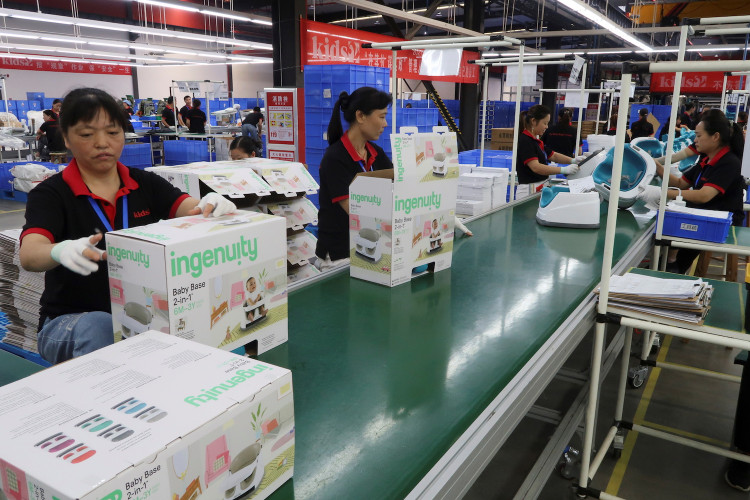The second-largest economy in the world is dealing with a number of challenges, such as extended COVID-19 limits, potential global recession, and a real estate downturn. Data released on Tuesday also indicated that in October, property investment fell at its sharpest rate since early 2020, indicating a sustained deterioration in the sector.
In October, China's economy saw a widespread slowdown as factory output increased less slowly than anticipated and retail sales decreased for the first time in five months, highlighting weakening demand both domestically and internationally.
Following recent steps to relax some COVID rules and provide financial help to the faltering property sector, the depressing data presents a dilemma for Chinese officials as they navigate the $17 trillion dollar economy through rocky waters.
Data from the National Bureau of Statistics (NBS) showed on Tuesday that industrial output increased by 5.0% in October compared to a year earlier, falling short of the 5.2 percent gain predicted in a Reuters poll and slowing from the 6.3% growth witnessed in September. The last time retail sales, a key indicator of consumption, declined was in May, when Shanghai was placed on lockdown. Sales decreased by 0.5%, compared to forecasts for a 1.0% increase and a 2.5% increase in September.
A weeklong National Day holiday had minimal impact on consumer spending in October, a month that is usually favored for domestic travel. In October, COVID infections spread across the nation, impacting the restaurant industry and other pandemic-sensitive industries. According to NBS data, China's catering income fell 8.1%, which was a dramatic decline from the 1.7% reduction in September.
NBS spokeswoman Fu Linghui said, the impact of domestic COVID containment efforts on the economy is "huge," and there are increasing threats from the state of the world economy. Despite Beijing's decision to loosen some COVID restrictions, the economic picture is still bleak, according to Capital Economics expert Zichun Huang.
Property sales as measured by floor area fell 23.2% year over year in October, continuing a 15-month trend of decline, as buyers were hesitant to take on further debt as the economy slowed due to ongoing COVID limitations. Due to efforts by the government to curtail excessive borrowing, China's real estate market has experienced a dramatic slowdown. Chinese property stocks and bonds shot higher on Monday after Chinese officials unveiled a strategy to boost liquidity on Sunday.
In the newest effort to ease the liquidity bottleneck, the Chinese financial authority announced in a notice published on Monday that it will provide real estate developers access to some pre-sale housing funds.





